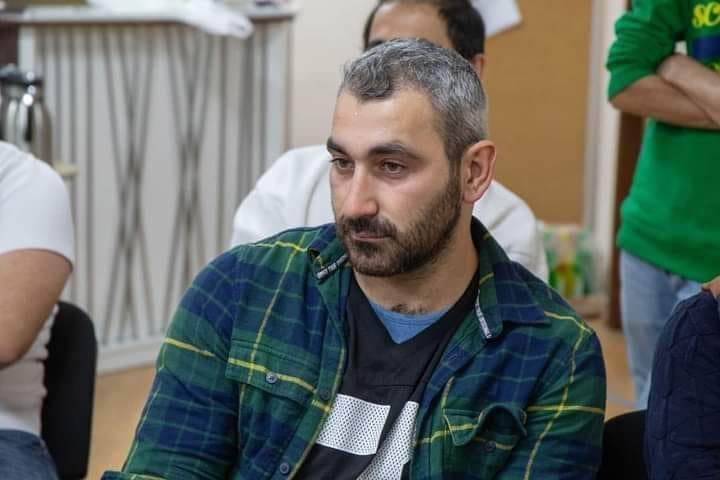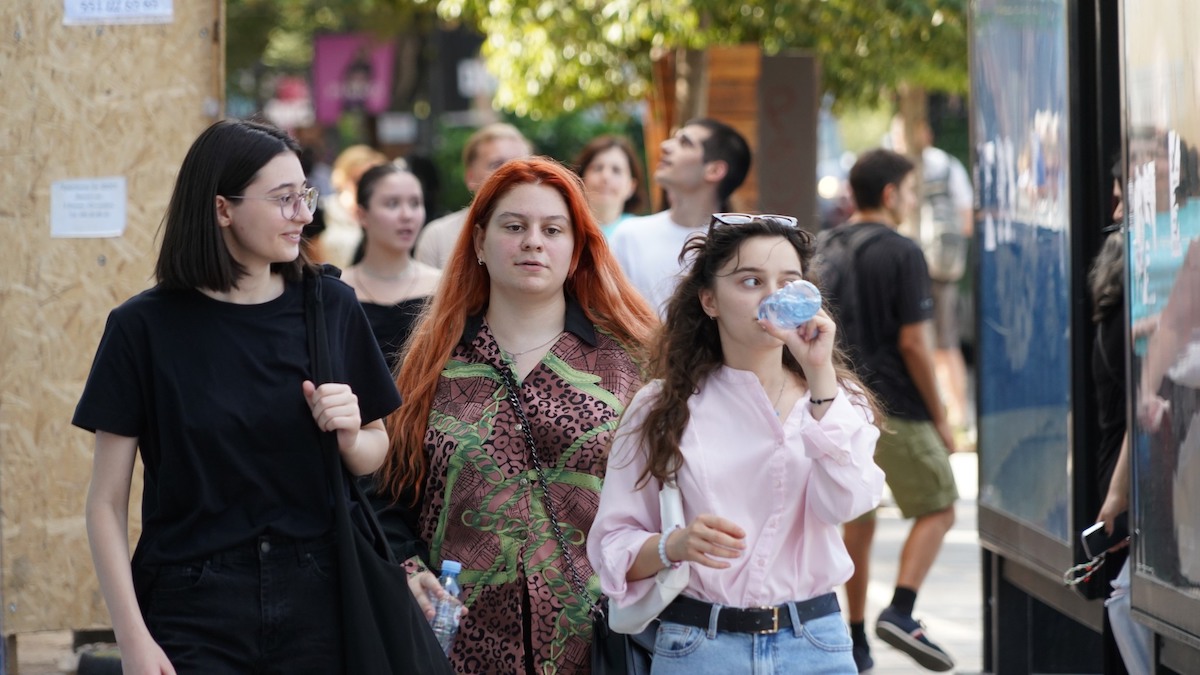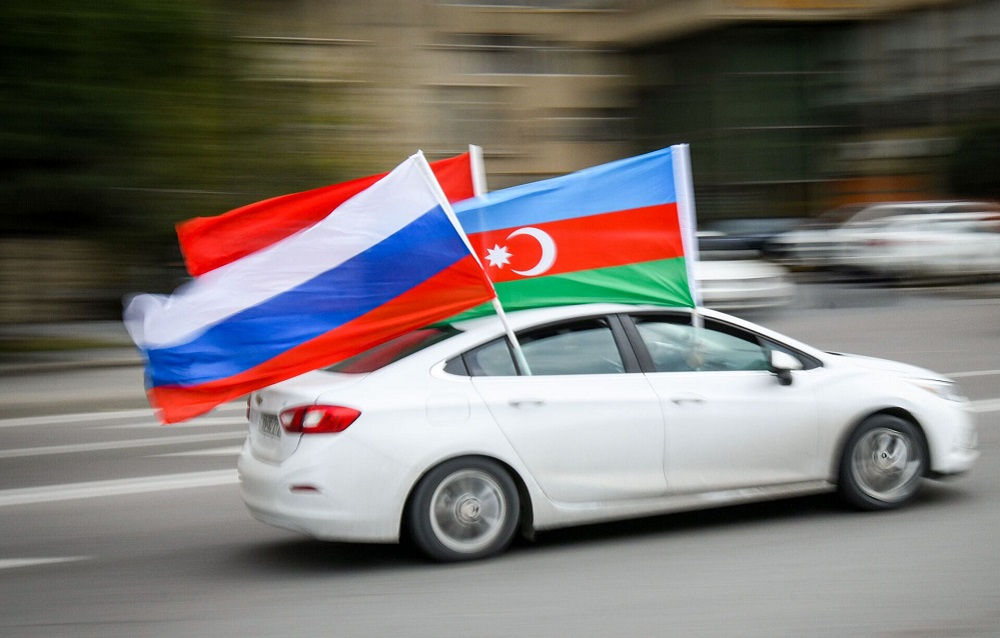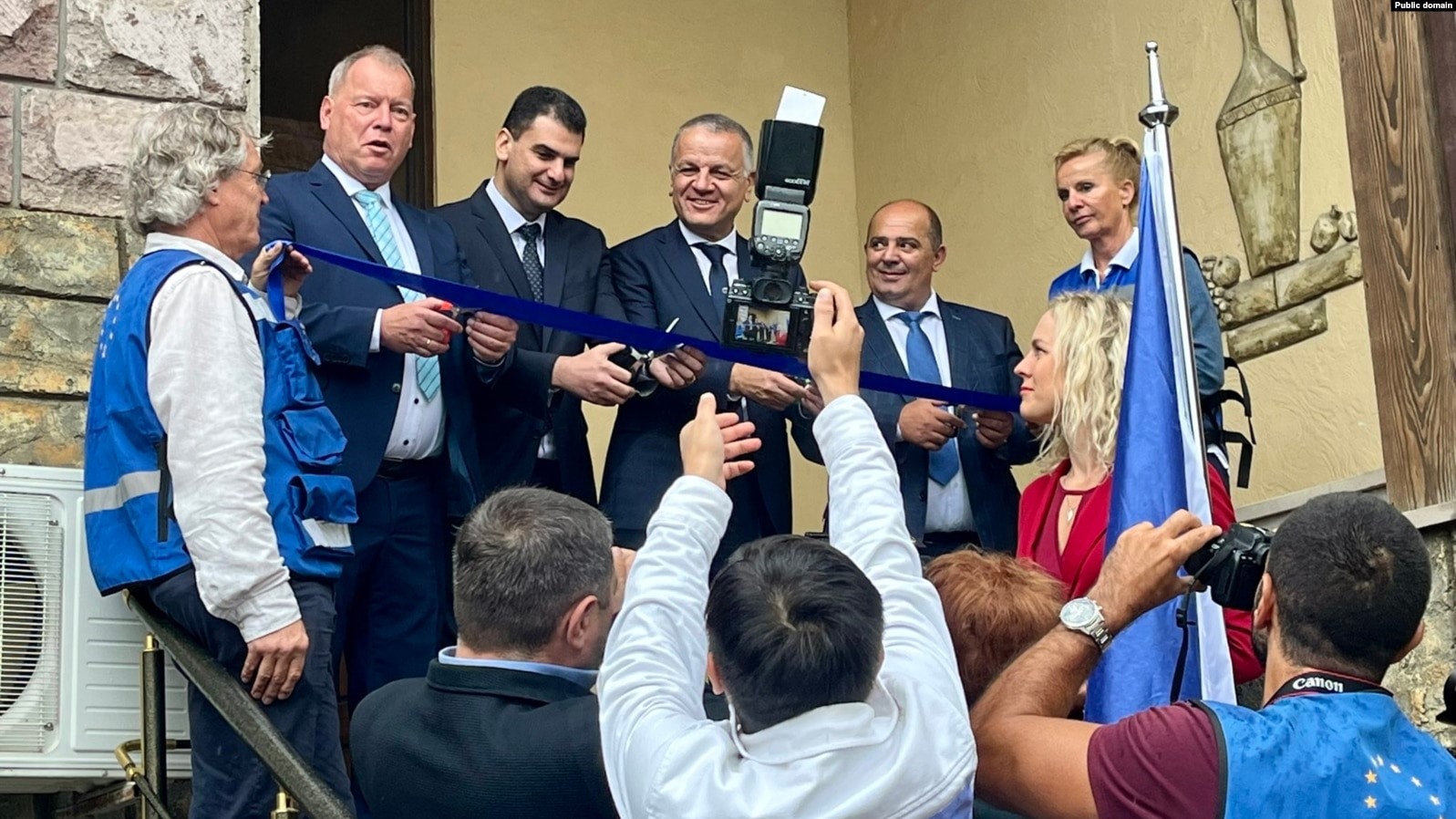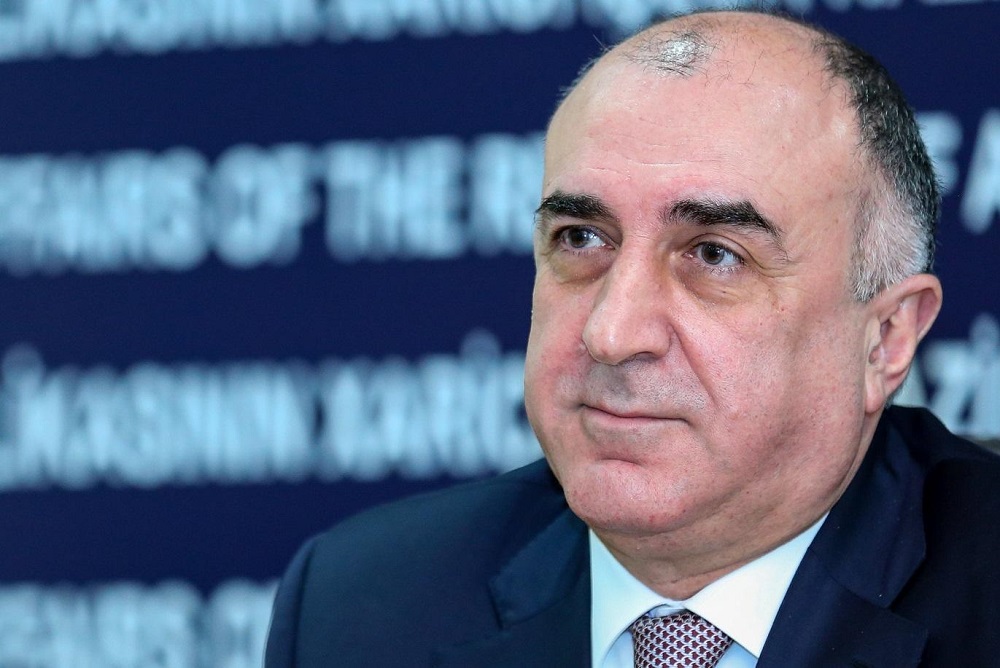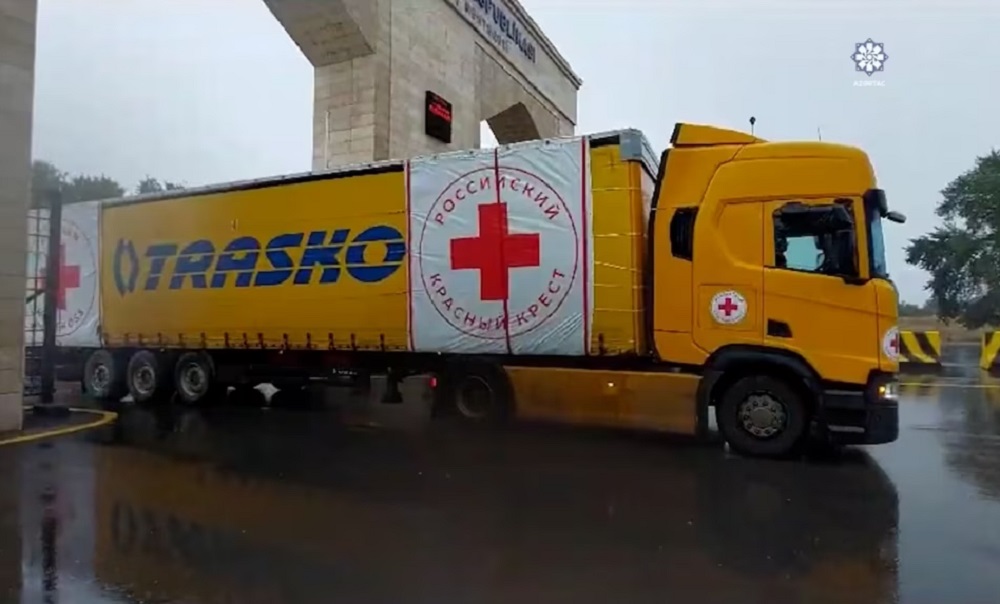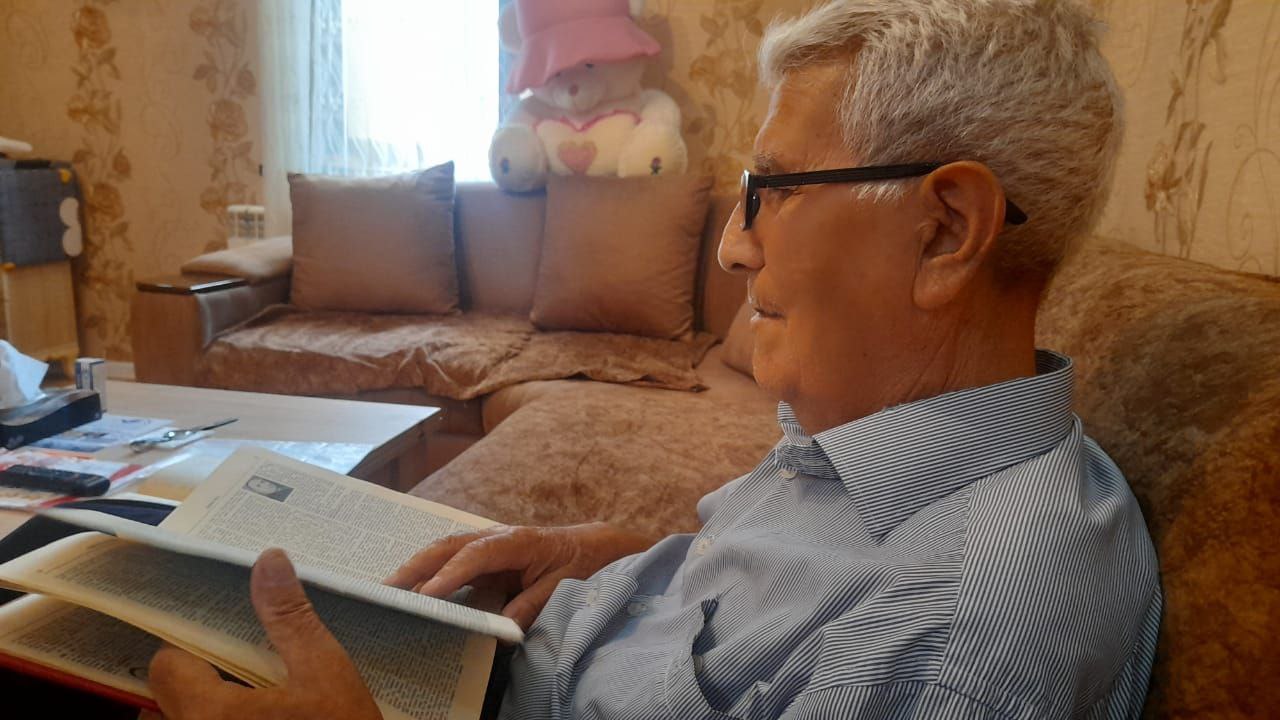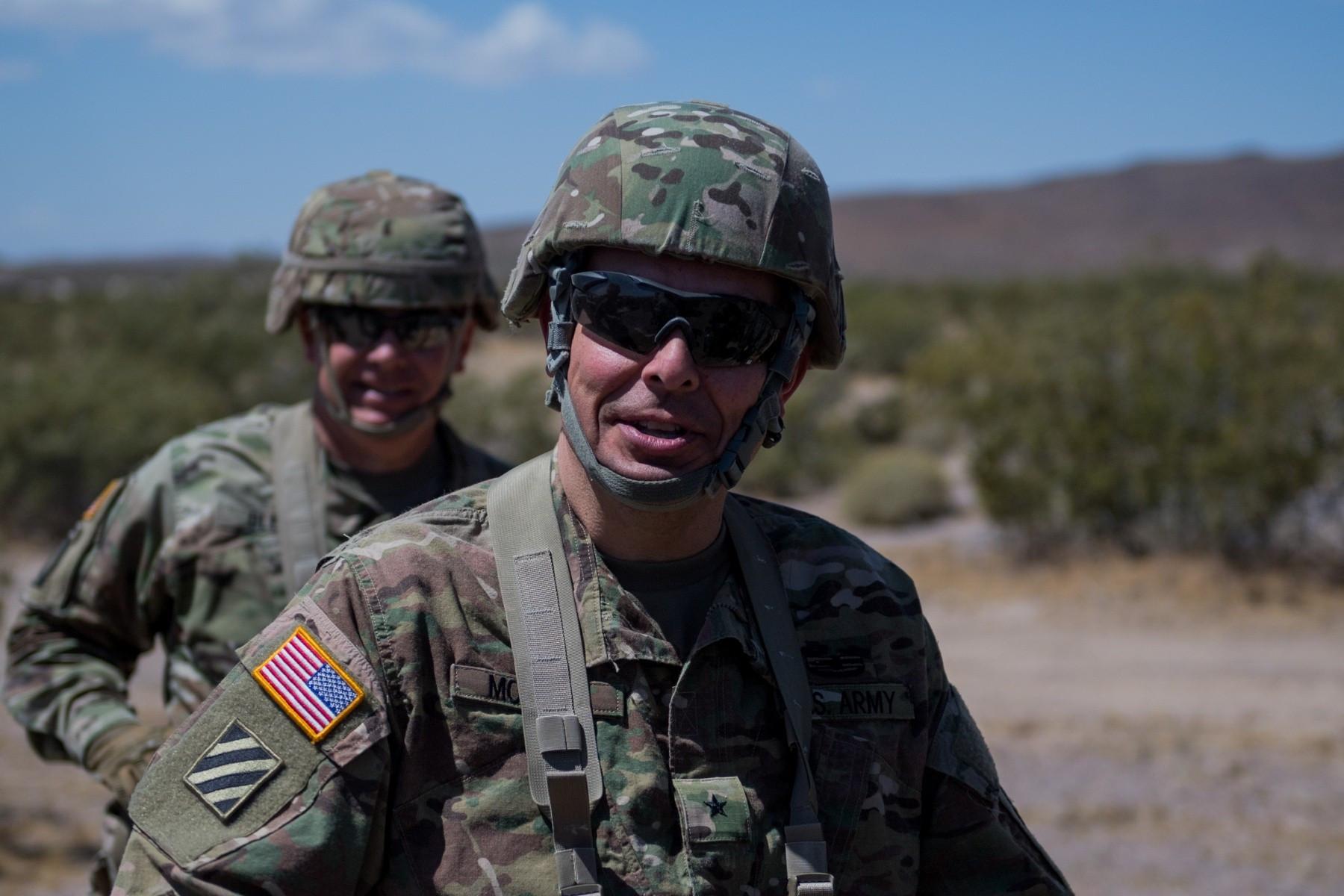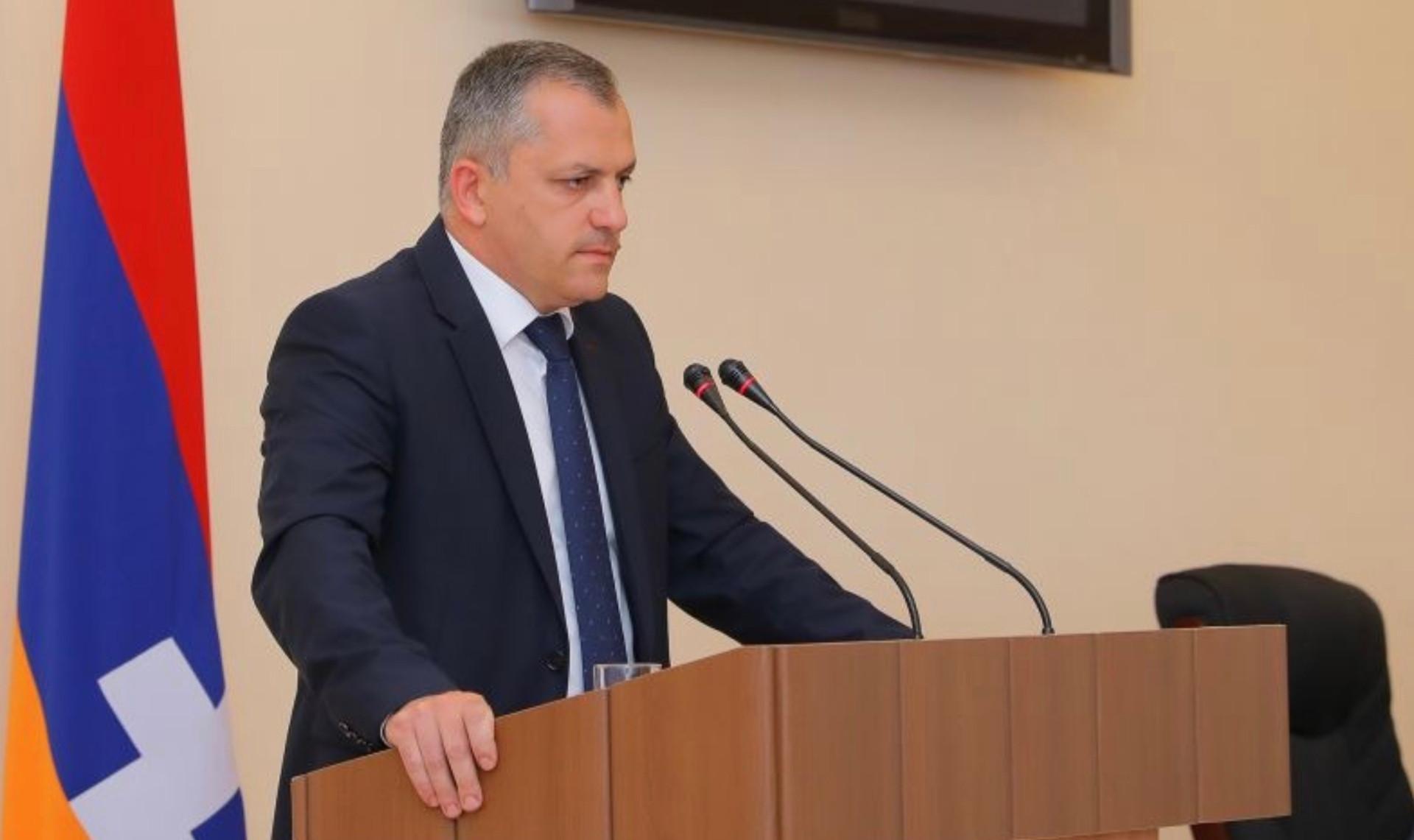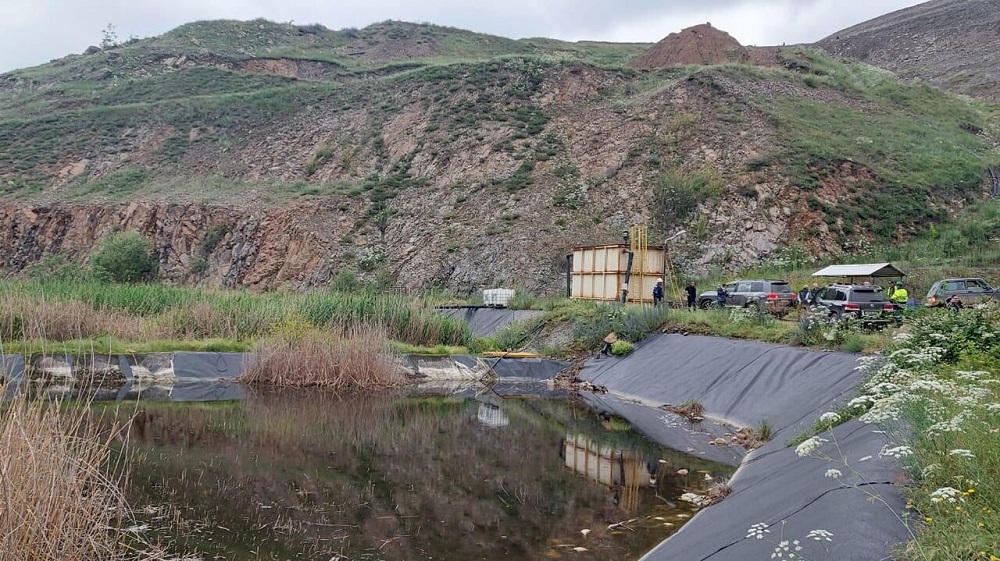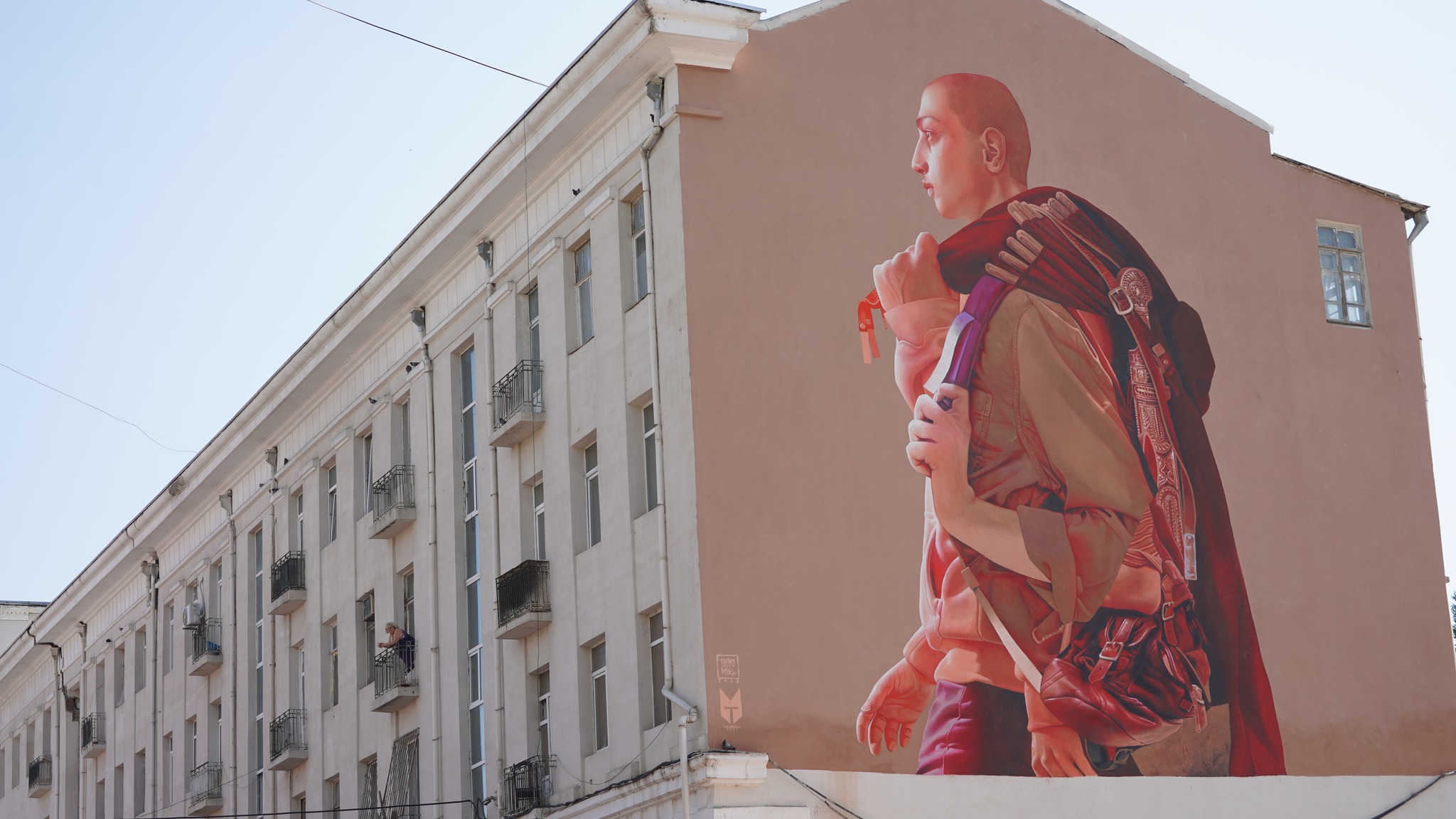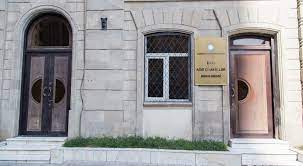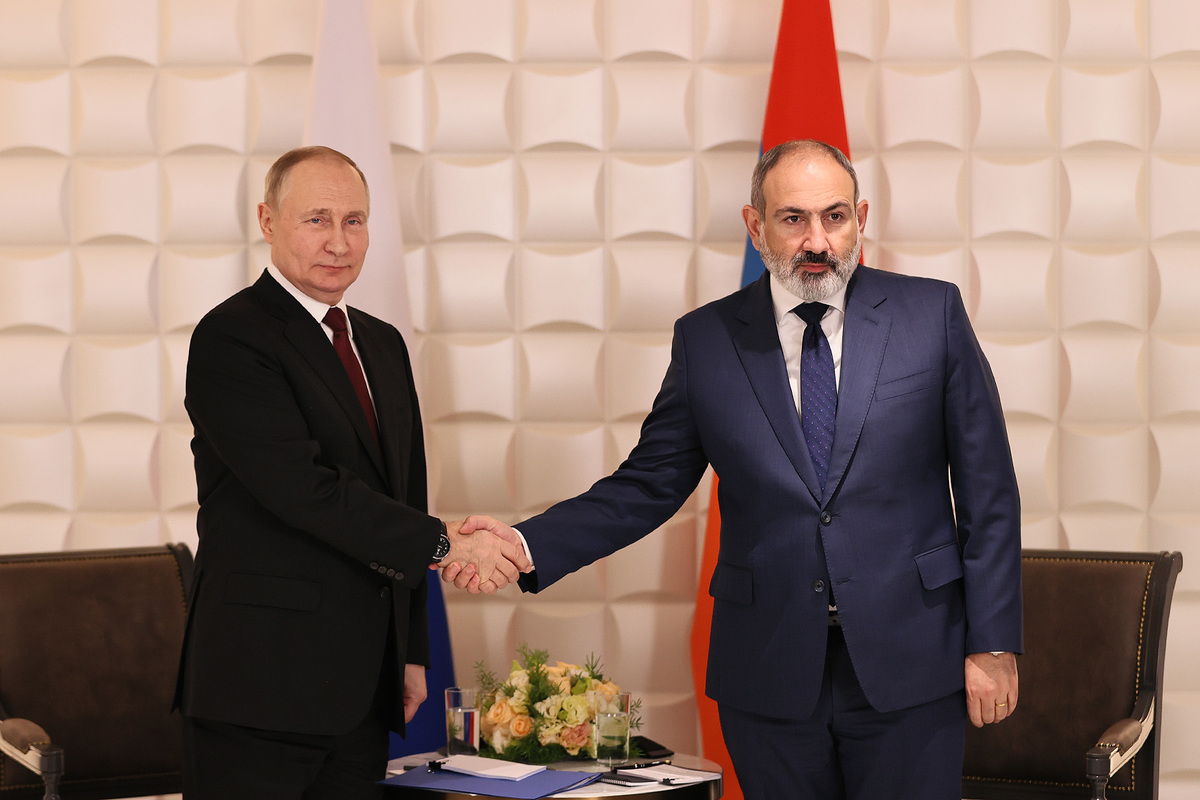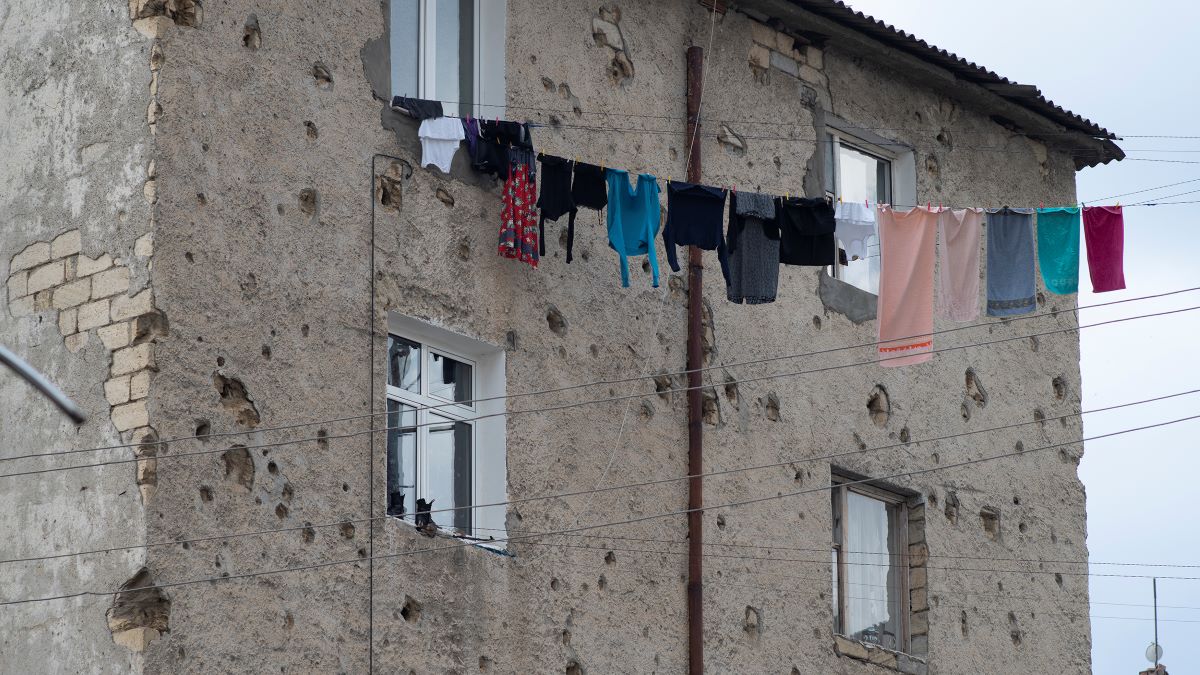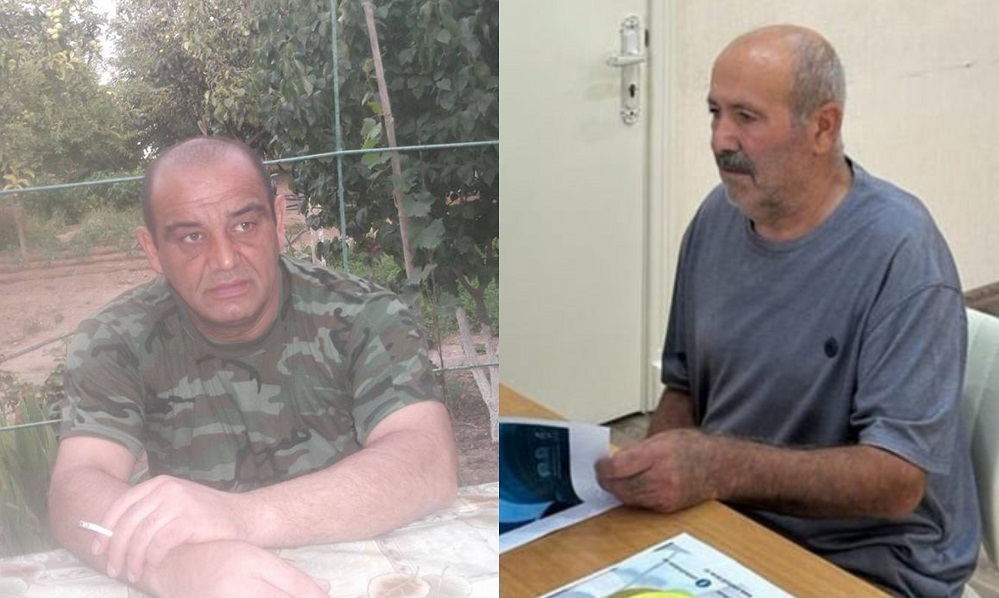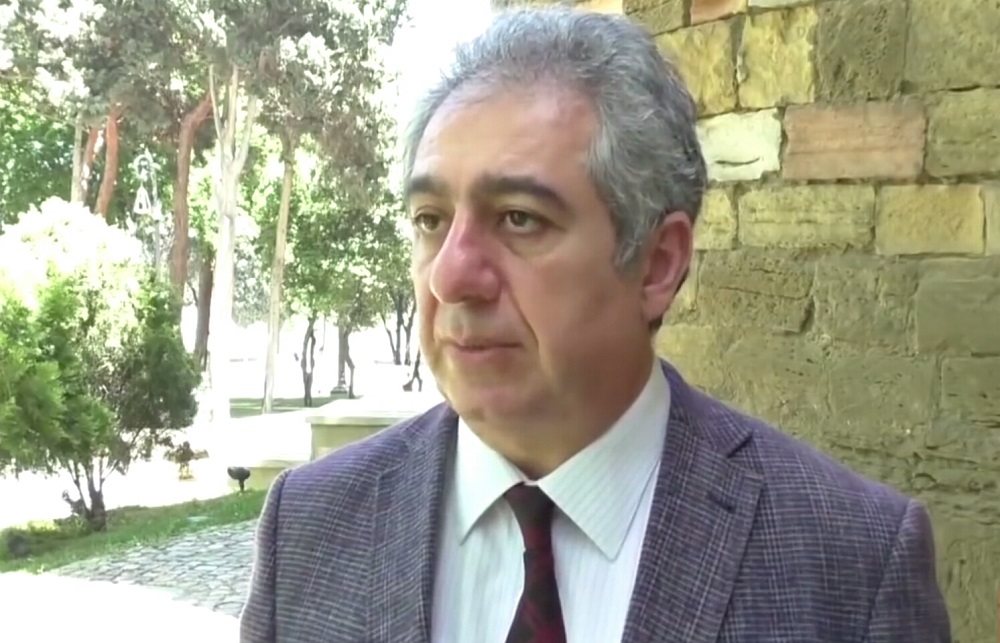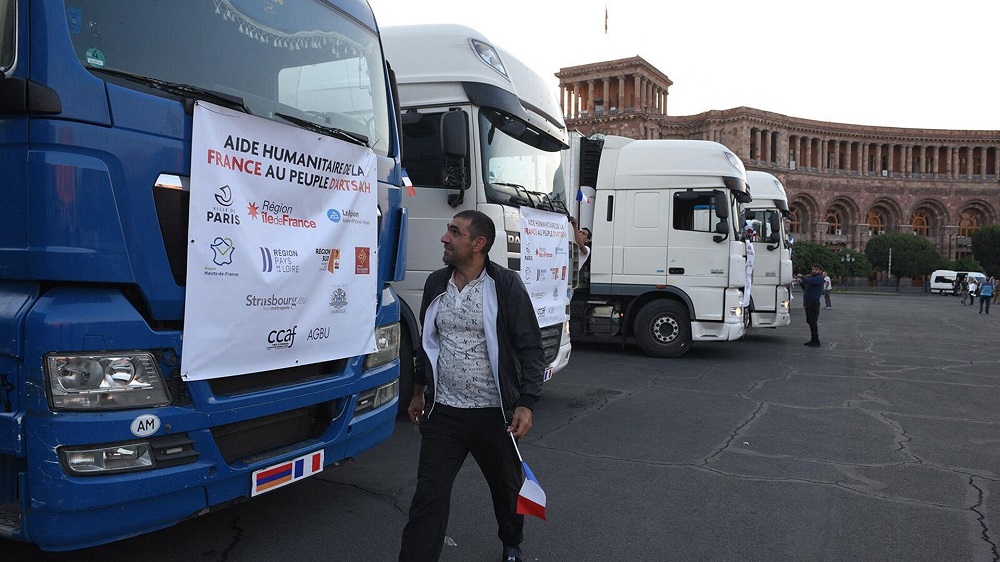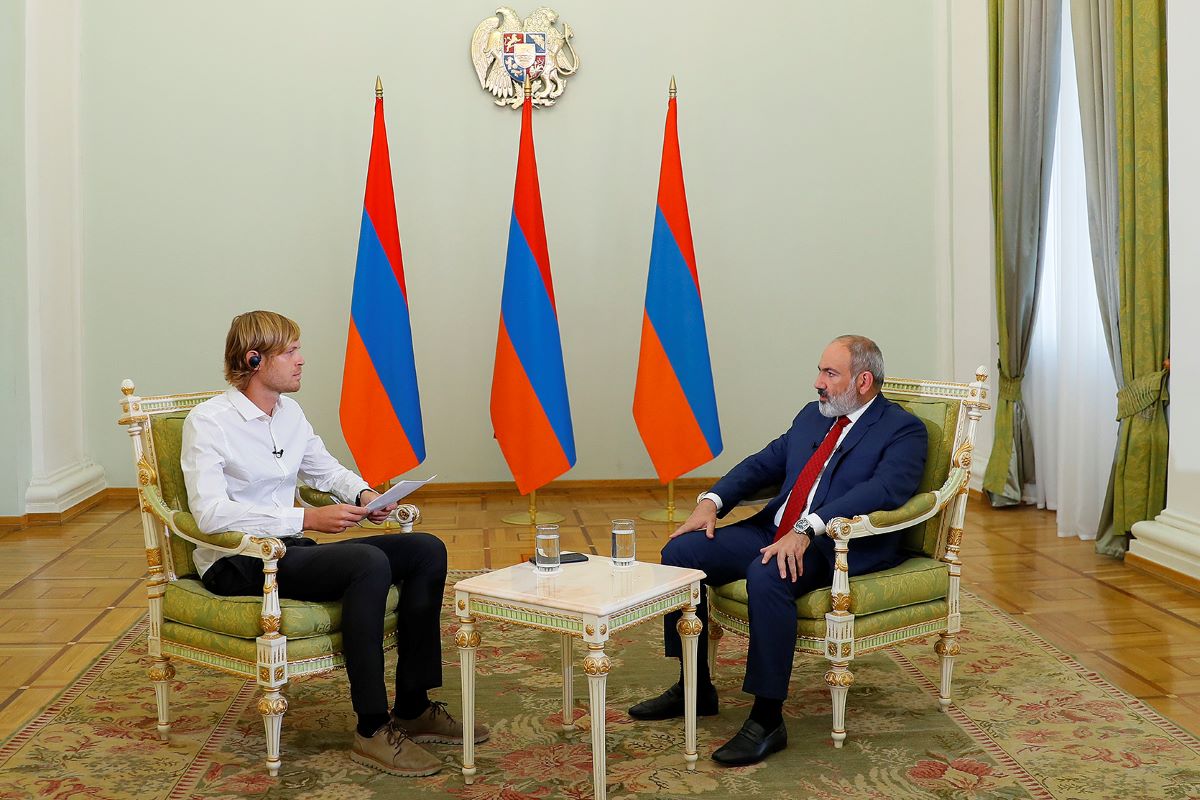According to Aikhan Israfilov, he is held together with 21 arrested persons in a cell for ten people

Daily roundup of local media from three South Caucasus countries, opinions, photo, video
Political observer Haji Namazov called Maria Zakharova’s statement on Azerbaijan’s non-recognition of the elections “Russia’s pink dream”
Head of the mission Markus Ritter said that in the near future an operational office will also be opened in the Ararat region to monitor the territories bordering Nakhichevan
According to former Foreign Minister Elmar Mammadyarov, it could be a short-term clash, or it could be a war
The situation in the part of Karabakh where the Russian peacekeeping contingent is temporarily located and on the border between Azerbaijan and Armenia remains tense.

A cultural worker with many years of experience says it is possible to restore culture in the regions, but it all depends on the economy
What the Armenian Prime Minister said on the air of Public TV about the aggravation of the situation on the borders, recognition of MK as part of Azerbaijan, conversation with Erdogan, as well as his wife’s trip to Kyiv
All details known about the exercises, clarifications from Armenia – in response to the outrage of the Russian authorities over their conduct, as well as comments from analysts
All that is known about the upcoming elections so far, as well as a commentary by a political scientist
The NGO representative believes that this is a blow to the platform of cooperation between the authorities and civil society

Daily roundup of local media from three South Caucasus countries
Fidan Aliyeva was among the participants of the protest action that lasted 138 days on the Lachin-Khankendi section of the road
Russia is discussing the critical statements made by the Armenian authorities and steps that are seen as a change in the country’s course towards the West. All details
The Lemkin Institute for the Prevention of Genocide has published an emergency report on the danger of ethnic cleansing in the unrecognized NKR. What the document says, as well as data on the situation – from the ground
Azay Kerimov: “If you give information [about mass graves] to the Azerbaijani side, you will make it much easier to punish Vagif”
Red Cross are not allowed to visit detainee Gubad Ibadoglu
Azerbaijani MP Erkin Gadirli analyzed France’s policy in the South Caucasus

The main points in Armenian Prime Minister Pashinyan’s interview with La Repubblica newspaper

